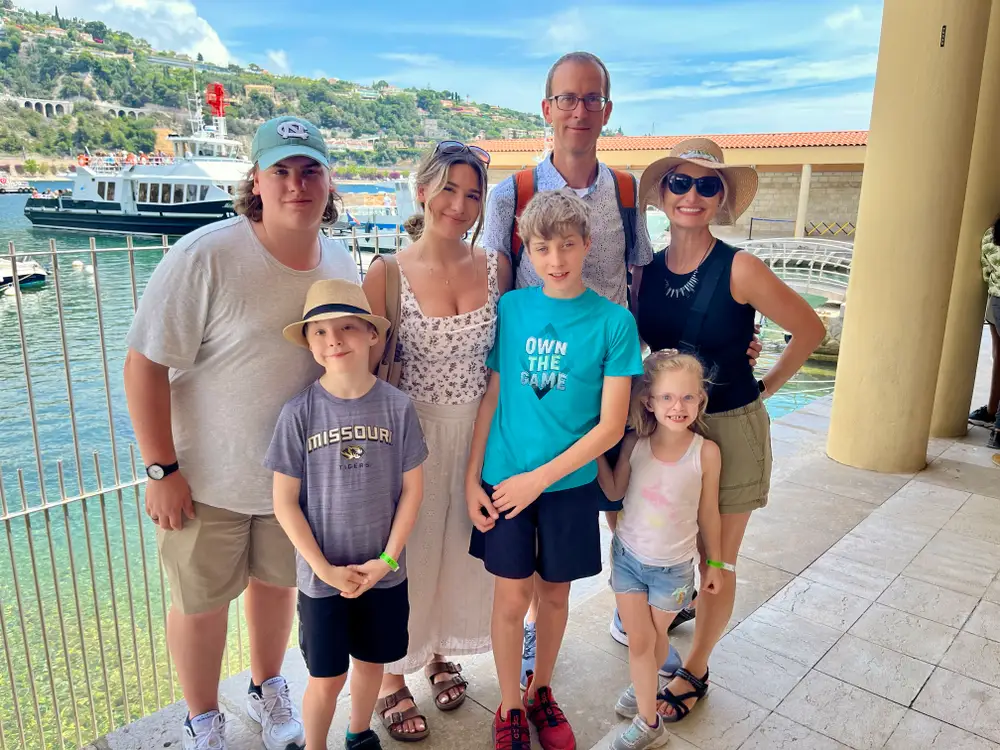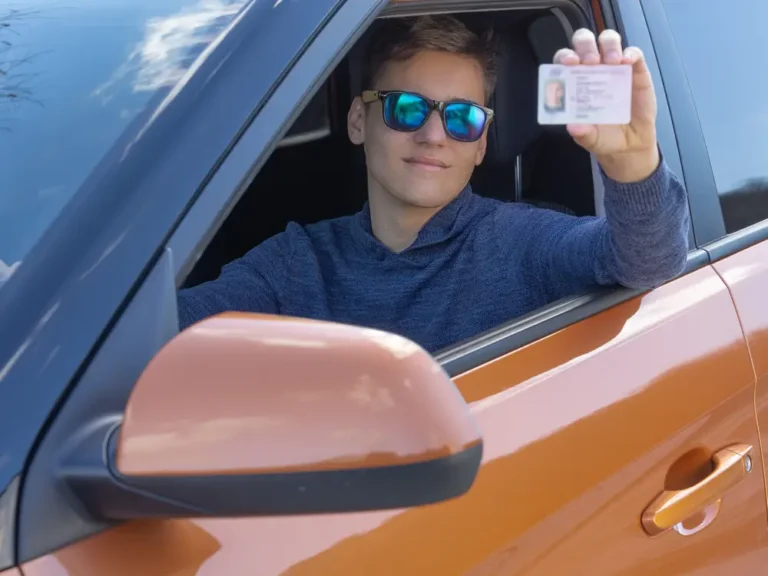I’m a mom of 5 and became a millionaire at 39. I drive a Honda Accord, order water when dining out, and don’t pay for the kids’ college.

Julia Myers became a millionaire by the time she was 39.
This as-told-to essay is based on a conversation with Julia Myers, founder of Generational Wisdom. It has been edited for length and clarity.
It was a goal of mine to become a millionaire before I turned 40. Even more than seeing seven figures in the bank, I wanted financial independence, knowing that I could survive and thrive without being tied to a specific job.
Growing up, my dad went to work every day and saved hard for his retirement at 65. By the time he’d built wealth, he didn’t have the health to go with it. I didn’t want that to happen to me.
That was fortuitous since I needed to take early retirement from my job as a hospital executive after my retina detached and I lost sight in my right eye. No one wants a one-eyed pharmacist. Luckily, my financial situation meant I was comfortable leaving that job at 38. I continued to invest and accrue wealth and was a millionaire the next year.
We skip drinks at restaurants but travel internationally
I live frugally, which helped me become a millionaire. I focused on getting rid of or avoiding consumer debt and started investing early. I even invested a portion of my student loans after keeping my cost of living low. I wouldn’t recommend that, but it worked for me.
I still live by those principles. We’re a one-car family, and that car is a 2016 Honda Accord. We rarely eat out, and we don’t order alcohol or sodas when we do. These things aren’t important to our family, so we don’t spend on them.
Instead, we splurge on the things that have real value to us, including travel. We love to travel internationally as a family.
A trip to the DMV made me realize I can’t always control my kid’s expectations
My kids range in age from 8 to 20. We’ve helped the two oldest buy cars by matching the amount that they saved. My oldest bought a 2008 Nissan Altima for her first car. She was so proud of researching the car and negotiating the sale, and I felt like I was showing her a valuable life lesson.
Then, we got to the DMV to register the car. My daughter looked around and said, “Where’s the fast pass line?” Because our family values experiences, we’re always willing to spend on skipping the line, by paying for tools like TSA Pre-Check. That was an aha moment. No matter how intentional I am with raising the kids to not be entitled, they’re only going to know what they’re used to.
We give our kids a $1,500 launching bonus, then they’re on their own
The two oldest (18 and 20) have moved out of the house because it’s important to me that they are independent. There are things you won’t learn until you’re living on your own.
When the kids get ready to move out, my husband and I ask them to prepare a budget. Once we see that, we give them a one-time $1,500 launch payment to help them get started. After that, they’re 100% on their own. Money is spent differently when it’s yours.
We’re not paying for college up front, but we will help with loans
My parents had a policy that I’d always have food and a roof over my head. In line with that, they paid for my room and board in college while I covered tuition. I left school with minimal loans and a degree in pharmacy that led me to a lucrative career. That’s contributed to my financial success.
Still, I’ve taken a different approach with my kids, and we’re not paying for their college up front. However, we still have a plan to help them. When they graduate, we’ll either pay off their student loans or help with a down payment on a house.
We don’t have a set amount for this or other financial decisions regarding the kids. I don’t think parenting always needs to be even to be fair. If one of the kids pursues an advanced degree, we would likely give them more money than a child who had a more affordable education.
We’re leaving the kids money, but they have to give half away
We regularly tell the kids that we’re spending some of their inheritance now to have experiences with them, like those international trips. Still, we plan to leave the kids money when we die — with a caveat.
Each child will have to give half of their inheritance away to a charity they choose. It’s one of the many ways I’m encouraging them to create purpose in their own lives, independent from me.





